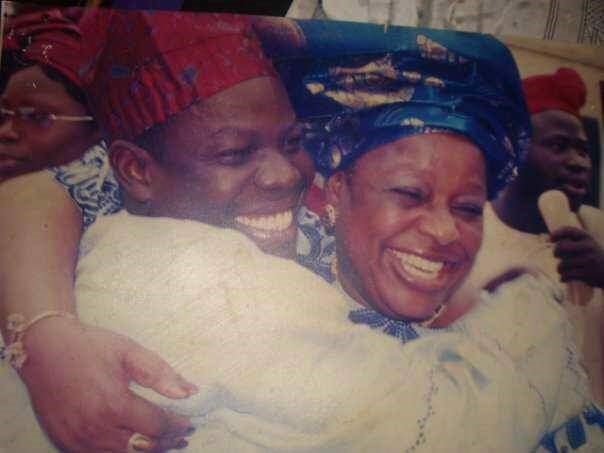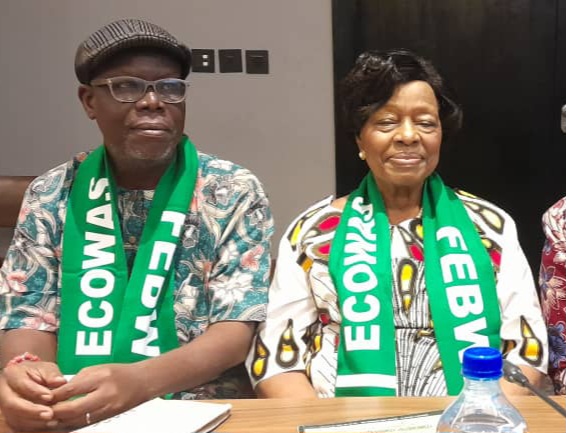Opinion
Remembering Iyalode of Yorubaland
Remembering Iyalode of Yorubaland
By Dimeji Kayode-Adedeji
Precisely 365 days today at about 6. 45am, a telephone call I first received came from the home of Alaba Oluwaseun Lawson. My heart skipped…and listening to the voice from other end of the phone, It was sad news… Mama has gone to the Lord.

Honestly, I was immediately confused and still on my Jalamia, (Pyjamas) I drove straight to her private residence at Quarry Road in Abeokuta. Reality dawned on me on arrival and I couldn’t hold back tears which rolled down my face and I became speechless.
It was a Saturday I used to appear on live radio program on fresh F.M between 9-11am. When I regained my consciousness, I put a call across to management of the station, that I can’t make it because I was bereaved. As I was still trying to comport myself and further regain my strength as a man, there were torrential phone calls from my colleagues in the pen profession, knowing that I was her media adviser, trying to confirm authenticity of the sad news.
I had no choice I had to issue a press statement early enough to avoid speculations and wrong news dissemination. I must confess in my career as journalist of over three decades that was my first time I will be writing a press statement on a demise of any individual.

I must again openly say this, late Iyalode Alaba Lawson, Iyalode of Yorubaland, I knew for over 30 years was my great benefactor and I will continue to appreciate her even in death. She was there for me all time, a reliable mother, a sister and aunty from another womb.
I have no regret knowing her, if there is opportunity to keep relationship in heaven, I will keep that relationship with Alaba Oluwaseun Lawson (Omo Jiboku Tanatana). Its exactly a year today you left this sinful world to rest in the arms of the Lord. The legacies you left behind speak volume. I pray you continue to rest in perfect peace. Adieu

Prince Dimeji Kayode-Adedeji is founder of Penpushing Media and Media Adviser to late Iyalode of Yorubland, Iyalode Alaba Lawson
